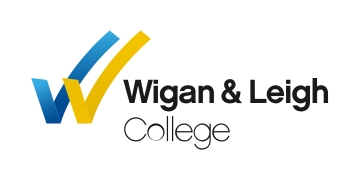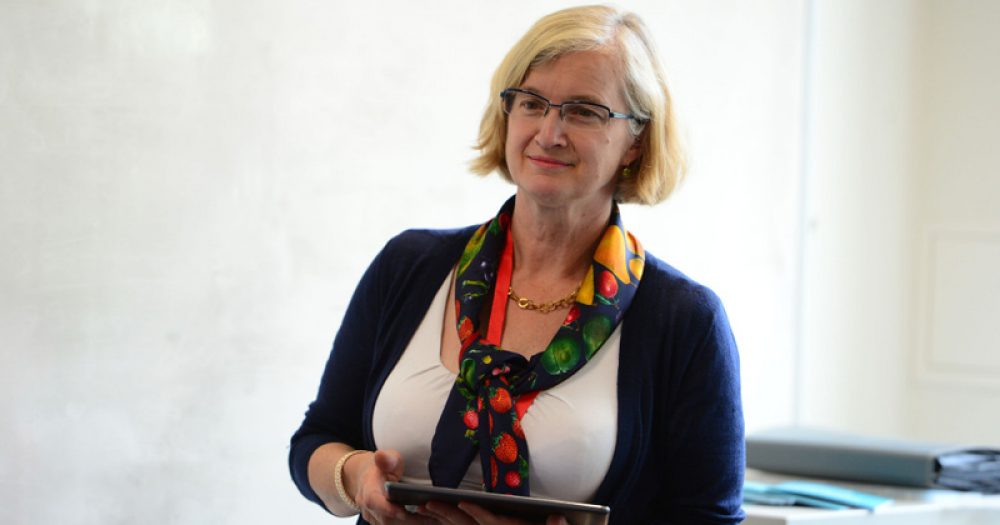Schools should not prevent pupils from studying GCSEs they are unlikely to pass, the chief inspector of schools has said.
Amanda Spielman warned today that some pupils are having their options “unnecessarily limited” by schools that fear they will not achieve a C grade.
Instead, pupils’ aspirations should be taken into account when deciding whether they take more challenging courses, such as triple science GCSE, Spielman told delegates at the Association for Science Education annual conference.
Spielman said she feels “very upset” when she encounters schools that only allow pupils to study a subject if they are expected to pass. Simply steering them towards subjects they find easier means “too many pupils” have their education and career options “unnecessarily limited”.
Most of the schools visited by inspectors directe pupils to choose between double and triple science based on their previous test results, she explained. In doing so, those schools are “overlooking pupils’ own aspirations” on the matter.
“Making sure there is a challenging science curriculum for all pupils … should be a priority for all secondary schools,” she said.
The speech’s focus on curriculums continues Spielman’s long-standing interest in the topic.
Ofsted’s national director of education, Sean Harford, has even said the inspectorate would research the link between certain kinds of curriculum and social mobility, and use any findings when inspecting the curriculums schools choose for their pupils.
By focusing on certain subjects at the expense of others, schools are making pupils choose GCSE subjects often on “less than two years” of study at secondary level, Spielman continued. But despite her appeal, she also issued a warning on prioritising pupils’ motivation too much.
She pointed to the results of the OECD’s 2015 PISA survey, which foundthat practical science experiments are negatively associated with pupil attainment – forcing authorities to return to test scores as the main means of judging what types of lessons are worthwhile.
Schools should be “uncomfortable” with the idea that practical science is “mainly about motivating” pupils, she said, adding: “Children should find experiments fun and motivating, but making sure children finish practical tasks having learned something … is most important.”
Spielman reassured school leaders that her team would not now start looking for a certain kind of teaching in science lessons.








Spielman was right to say practical science, aka enquiry-based learning, should be structured in such a way that pupils learn something from their enquiries. But her main comment about enquiry-based learning stressed the OECD finding that enquiry-based learning had a negative association with PISA scores. She used this to say teachers and policy makers should be humble enough to reassess their assumptions in the face of evidence (the evidence in this case being that enquiry-based learning reduced PISA scores).
She was anxious to say that Ofsted wouldn’t be looking for a particular type of science lesson (ie one less devoted to enquiry-based learning) but that wasn’t the message implied in her earlier comment.
In any case, Spielman missed the nuance in the OECD report which actually stressed the importance of enquiry-based learning. http://www.localschoolsnetwork.org.uk/2018/01/ofsted-chief-misses-nuance-in-report-on-science-education